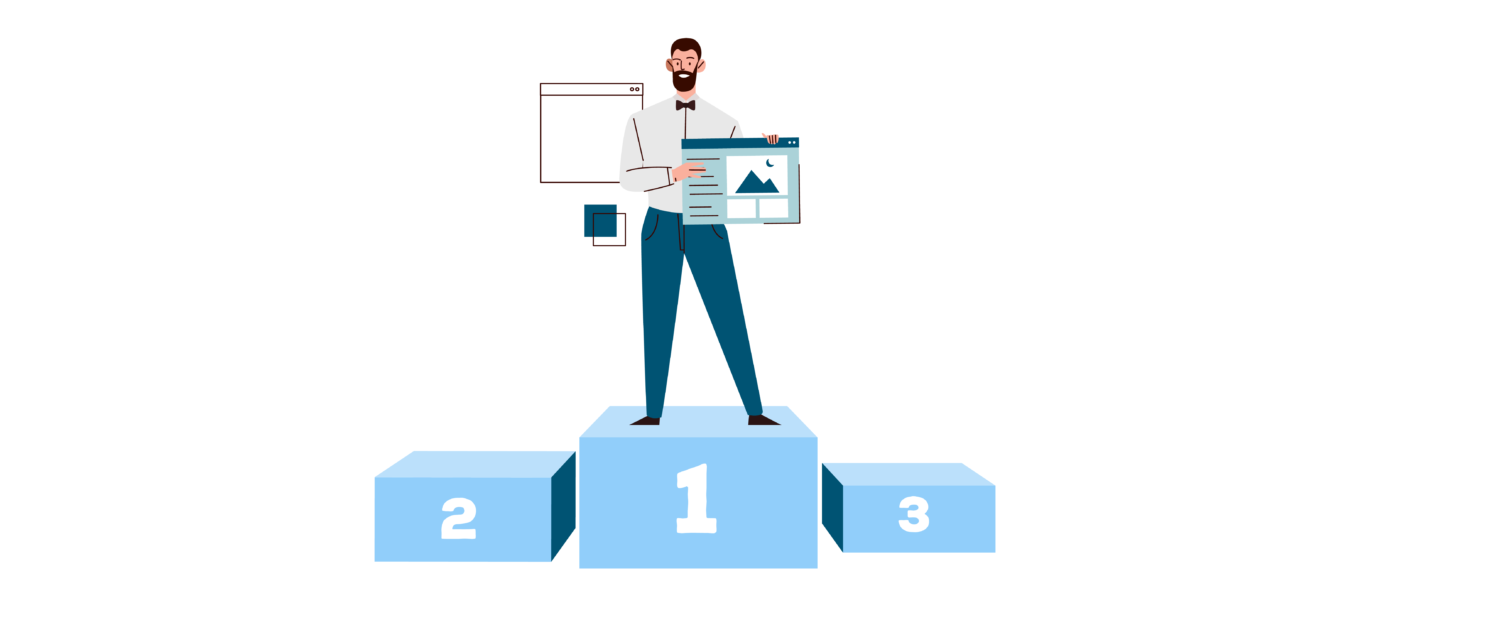Tips For Becoming A Successful Software Developer
Tech
It is both exciting and scary to begin a new career in software development. There is a lot to learn, and like other crafts, it takes years of practice to become really good at it.
Successful software developers are always on the lookout for new ways to improve their skills. They are always eager to solve problems, and their ability to think creatively makes them in high demand.
To become a better programmer, you must understand data structures, algorithms, object-oriented programming (OOP), multi-threading, and various programming concepts such as recursion, divide and conquer, prototyping, and unit testing. Because programming is a combination of many skills, it is not possible to learn it quickly; instead, it will come with time and experience, but it will not happen automatically.
1. Understand the fundamentals
It is not the same as learning a programming language as it is to learn how to program. What it means to be a great developer is to be able to identify problems and visualize elegant solutions. An algorithm is essentially a logic problem, and regardless of how complex the solution is, a developer should be able to diagram it on a whiteboard and explain it in plain English. There will be plenty of time to learn frameworks, languages, and other tools, but any problem should be solvable in the abstract first.
Understanding the fundamentals also makes identifying commonalities easier. For example, recognizing that JavaScript and PHP are both object-oriented languages that use first-class functions, makes it easier to learn one after learning the other.
2. Get involved in open source projects
Contributing to open source code is another way to improve your programming skills and become a better programmer. Simply joining their discussions and participating in the subsequent discussion teaches you a lot.
Because most discussions take place between good programmers, listening to them and understanding the problem as well as their approach, solution, and point of view develops good programming habits automatically. To get the most out of it, don’t just sit there passively, but also ask questions, offer your opinion, and value others.
3. Reading code
If reading blogs helps you become a better programmer, then reading code will help you even more; however, reading a blog is simple, but reading code is difficult.
Examine the code of open source projects, your coworker’s code, your existing proprietary code, and code from the Java SDK to see how they work; see what they’re doing and why they’re doing it. Find patterns, and improve your navigation skills; at first, it will be boring and difficult, but with time, you will develop a good code sense, which will alert you when you make a mistake and help you spot other people’s mistakes and gaps.
4. Participating in Stack Overflow and other forums
This is another type of activity that can help you revise your knowledge. The first person to benefit from knowledge sharing is the one who shares. Because programming is so vast, most things you don’t use for more than three months are forgotten.
Participating in StackOverflow and answering other people’s questions, as well as commenting on blogs and forums, is a great way to refresh your knowledge and correct any misconceptions.
We help others and put them to the test by putting our knowledge in front of them. Many times, you will notice that not only is someone benefiting from your knowledge, but you are also having your misconceptions corrected.
5. Keep writing code
By writing code, you also become aware of your flaws in design, error handling, and threading, and you can then return to those areas to improve. Don’t stop just because you’ve solved the problem; it’s always better to discard your first solution, which is just a prototype. Your next solution should address any issues or missing requirements that you discovered while building a prototype.
Writing code on a daily basis keeps your skills sharp, allows you to learn new languages and technologies, and allows you to work on projects that interest you.
If it’s not interesting to you, change it up – at least once a month, switch languages or projects. This will keep things interesting (and prevent them from becoming boring) and prevent you from becoming stuck in a rut for months on end.



